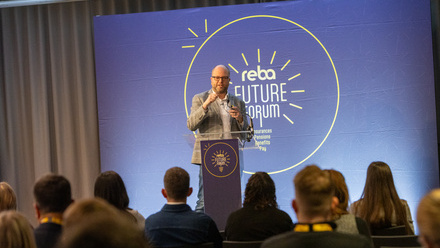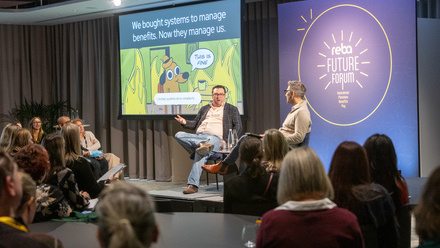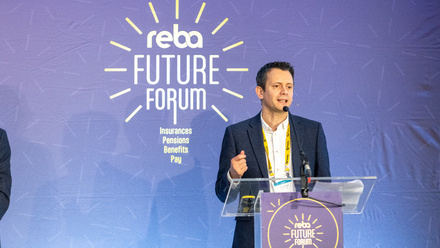Julie Tindale head of reward at TUI on boosting engagement through time off work

In fact, TUI’s employees have been really getting behind the company’s #TUItimeoff initiative, which has seen staff queuing up to share their stories on LinkedIn.
A quick search on LinkedIn reveals that staff have been able to take extended holidays to visit family in Australia – without having to sacrifice all of their leave entitlement – spend more time with their children during school holidays, take additional time to care for a much beloved horse and even take a fortnight off to be an umpire at Wimbledon!
Behind #TUItimeoff is a holiday purchase scheme. This is nothing new and many organisations offer this benefit – for many it is an important part of an employee wellbeing programme, giving employees the flexibility to take more time for themselves and their families.
“We’ve been focussed on increasing the amount of flexible working that takes place over the past year, and while we’ve had the opportunity to buy extra holiday days for a number of years, we rebranded it earlier this year after hearing a colleague describe it [TUI time off] in this way – we liked it, so borrowed it with pride,” says Tindale.
What has made TUI’s holiday purchase scheme so successful is the way that staff have engaged with the initiative, which has had a wider impact on the company’s brand.
Tindale explains that they were keen to connect and engage employees with the ethos of the company as a travel business, and the belief that “taking some time out is good for all”.
“People have really engaged with it [#TUItimeoff], both inside and outside of the company,” she says.
In particular, Tindale says she was struck by how important flexible working is to everyone – particularly candidates who are thinking of joining the company.
“It seems that flexibility always features highly as part of the conversation during the recruitment process, and I’m really pleased that we can respond so positively on this point,” she says.
Annual leave entitlement for head office staff at TUI starts at 25 days pa plus public holidays and increases with service. However, staff can also buy up to 15 days additional holiday.
“This year we upped the limit that people could buy additional holiday to 15 days, and we’ve been really surprised by how well received this was,” says Tindale.
“Some managers were concerned that people wouldn’t be at work enough to do their work…however, this doesn’t seem to have been the case. People appreciate the extra time off so much they don’t mind doing extra activity either pre or post-holiday, or providing cover for their colleagues when others are away.”
There are numerous studies that highlight the benefits of taking a break from work. Not just for individuals’ health and wellbeing, but also for organisations in terms of productivity levels. More broadly – as the LinkedIn posts from #TUItimeoff show – this initiative has generated loyalty from staff and helped to promote the organisation as a sought-after place to work.
What this simple idea shows is that you don’t have to reinvent the wheel to get engagement with benefits. Of course, offering extra annual leave is always going to be popular – who doesn’t love time off work – but taking that benefit and putting a spin on it that gets people talking both inside and outside the organisation is the real stroke of brilliance.
The author is Dawn Lewis, content editor at REBA.






